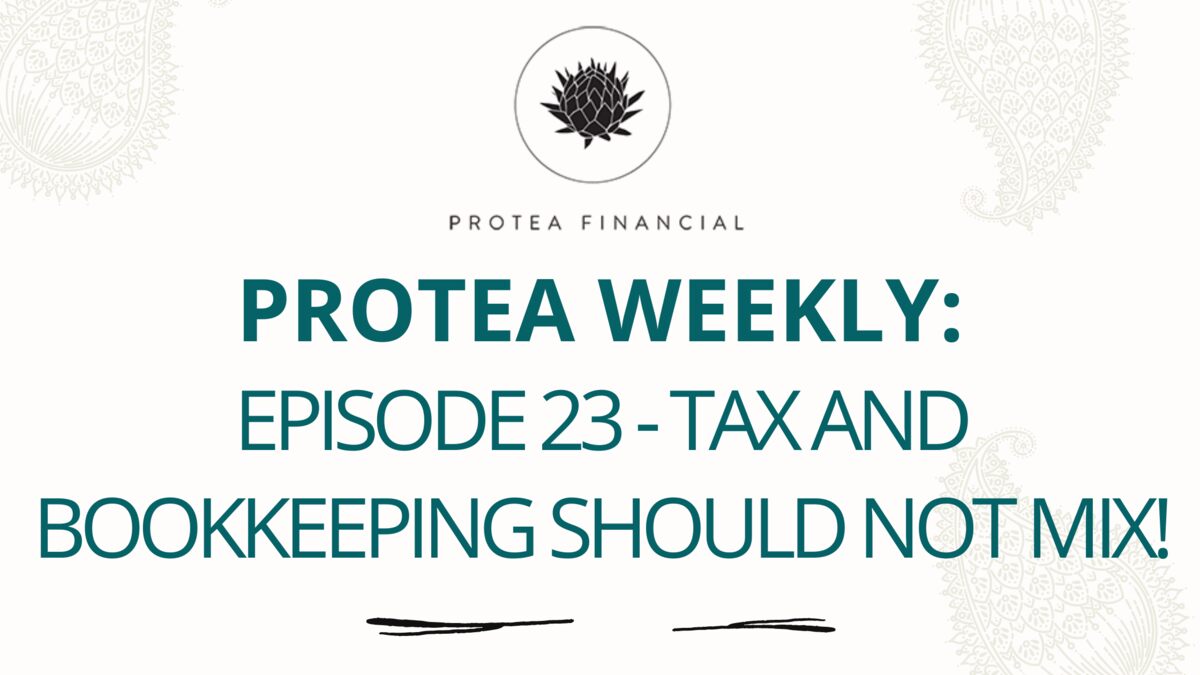In this episode, Zane Stevens discusses the benefits and drawbacks of using a tax provider for bookkeeping services.
He explores the potential benefits, such as streamlined communication, consistent understanding of financials, convenience, integrated services, and cost savings.
However, he also highlights the potential conflicts of interest, lack of specialization, reduced checks and balances, dependency and risk, and potential higher costs associated with using a tax provider for bookkeeping. Zane emphasizes the importance of keeping bookkeeping and tax separate, especially for businesses involved in manufacturing and selling inventory.
Takeaways
– Consider the benefits of using a tax provider for bookkeeping, such as streamlined communication and consistent understanding of financials.
– Be aware of the potential drawbacks, including conflicts of interest, lack of specialization, reduced checks and balances, dependency and risk, and potential higher costs.
– Keep bookkeeping and tax separate, especially for businesses involved in manufacturing and selling inventory.
– Choose providers that prioritize your success and understand their respective roles in helping you make informed business decisions.
Sound Bites
“The fastest growing service lines at CPA firms are client accounting services.”
“Streamlined communication can save time and reduce the risk of miscommunication between different parties.”
“A tax provider with a deep understanding of financials can improve tax planning.”
Chapters
00:00 Introduction and Intent of the Podcast
03:18 The Fastest Growing Service Lines at CPA Firms
11:35 The Benefits of Using a Tax Provider for Bookkeeping
12:31 The Drawbacks of Using a Tax Provider for Bookkeeping
21:11 Considerations for Manufacturing and Inventory Businesses
22:28 Conclusion and Final Thoughts



